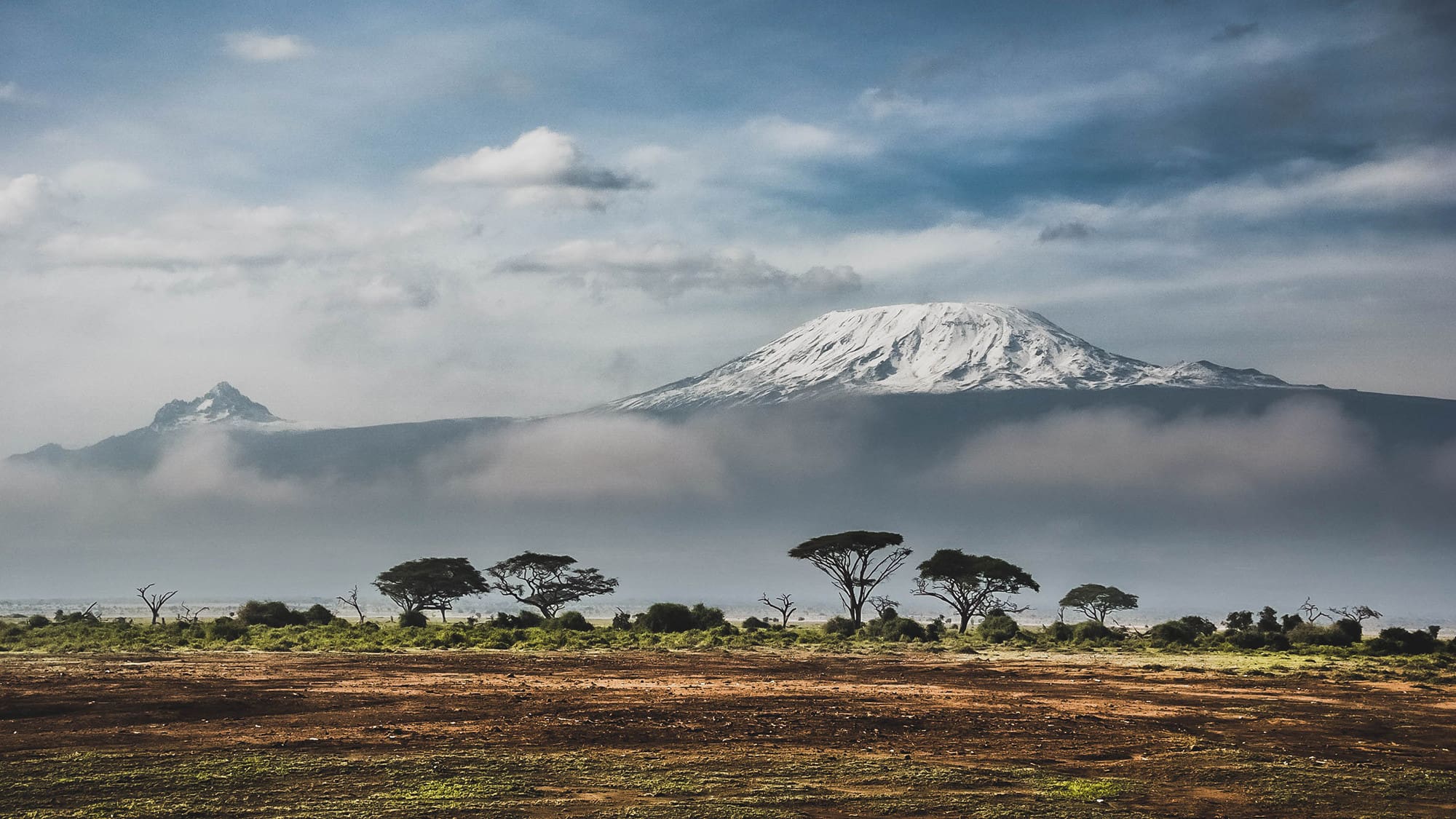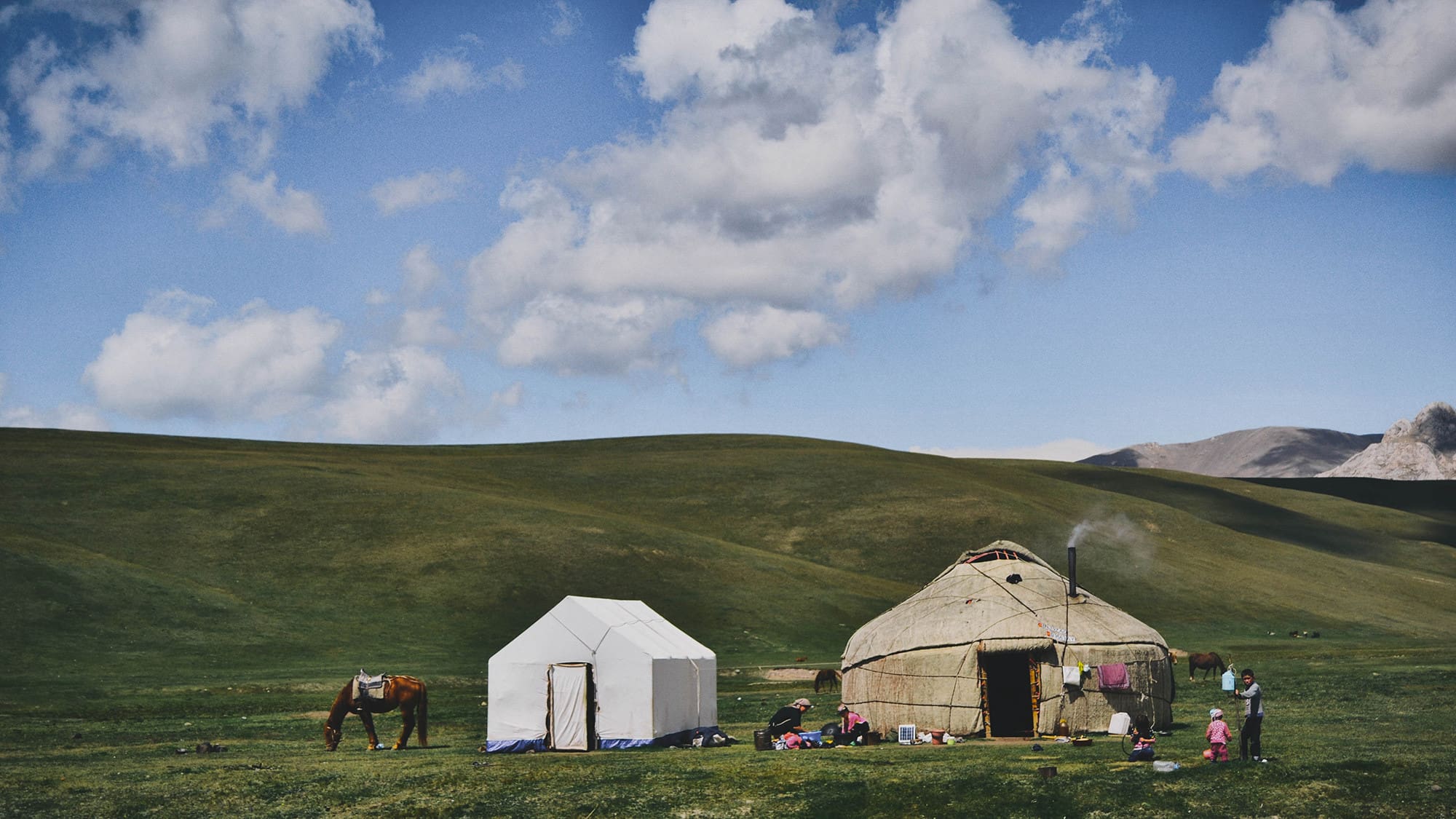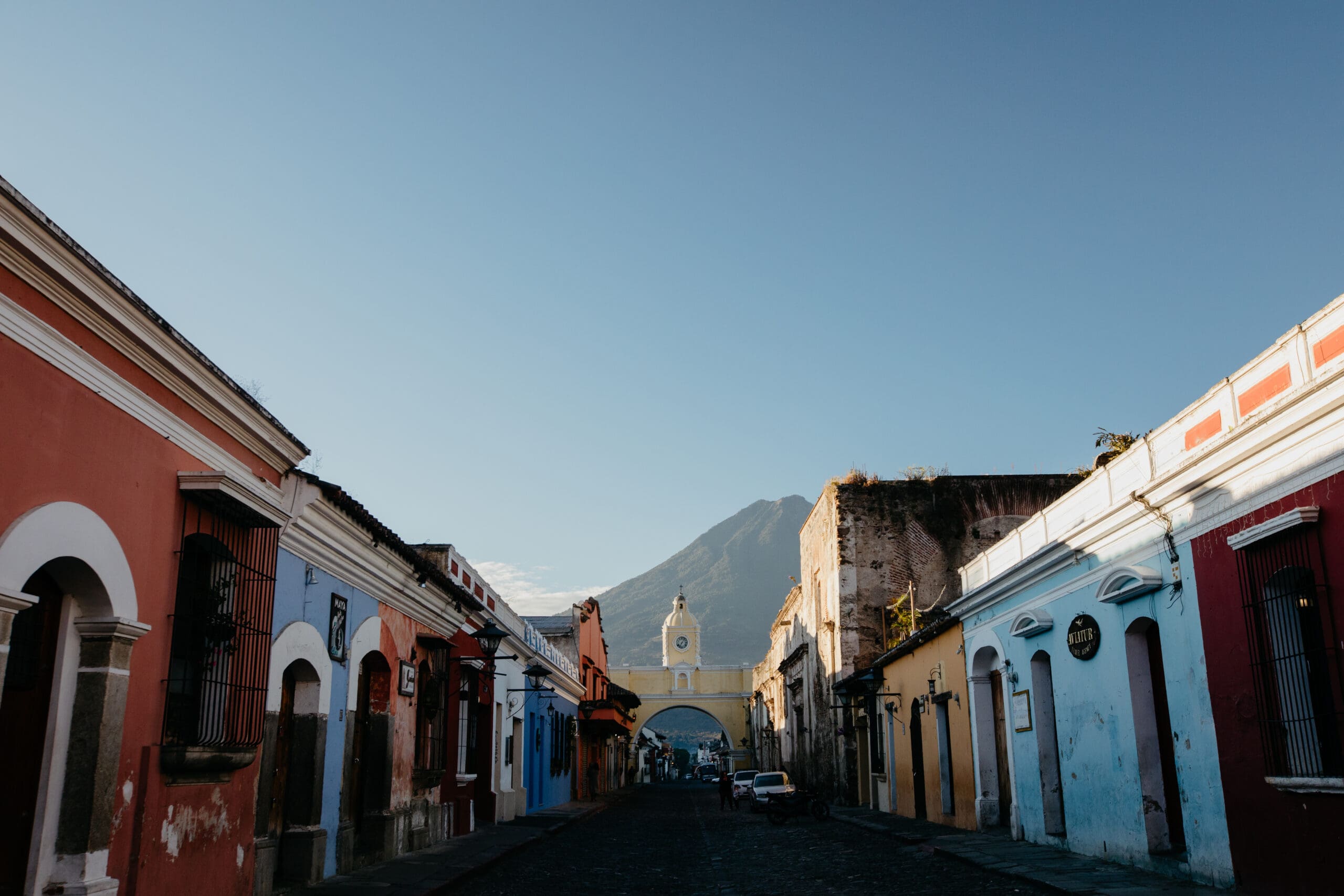Ephesians 2:18-22
For through him we both have access in one Spirit to the Father. So then you are no longer strangers and aliens, but you are fellow citizens with the saints and members of the household of God, built on the foundation of the apostles and prophets, Christ Jesus himself being the cornerstone, in whom the whole structure, being joined together, grows into a holy temple in the Lord. In him you also are being built together into a dwelling place for God by the Spirit.
Moses ran across blistering hot sand as it reflected the sun onto his face, sweat dripping into his squinting eyes. The meaning of home had always been foggy for Moses, but now he was sure he had none. As a kid, Moses struggled to reconcile his two conflicting cultural identities, but now, he was sure, he was nobody.
Moses physically looked like an Israelite, the people living under Egyptian slavery. Though he’d heard the stories Israelites told, something about being a “chosen people,” legends of a man named Abraham, he didn’t relate with Israelites at all. Moses was raised in Pharaoh’s house. He was Egyptian royalty, with an Egyptian education and an Egyptian mom. Among Egyptians, Moses was seen as an Israelite, and among Israelites, Moses was seen as an Egyptian. But growing up, Moses just wanted to be seen as Moses, to make his own destiny as an individual without having his actions generalized to represent an entire people group. And most of all, he wished the Egyptians and Israelites would stop hating one another and just see each other as humans.
So one day, Moses took it upon himself to settle the violence he saw toward the Israelites. But something went wrong. Moses let his anger get the best of him. Rumor got around that Moses killed an Egyptian. The Israelites were indignant since an Egyptian death meant punishment for them, and Moses didn’t stick around long enough to find out what the Egyptians thought of it. He fled to the desert and never came back.
But that was forty years ago. Moses shielded his eyes against the sun. There! He found the runaway sheep. He ran a little bit further, scooped up the problem sheep, and set out for his wife and kids who were waiting for him, watching over the big flock.
“Moses!”
Moses looked around.
There was no-one and nothing nearby save a bush, burning up in the desert sun. Weird.
“Moses!”
Moses looked at the bush. He was incredibly startled and confused, but he took a few steps forward. “I am the God of Abraham, Issac, and Jacob.” Moses was trembling. He knew those names, he’d heard those stories and rolled his eyes years ago. But what if they were true? It would change everything if they were actually true.
“Moses, my chosen people are enslaved and oppressed. They are crying out to me for deliverance, and I will deliver them. And, actually, I’ve chosen you to do it.” Fear pierced Moses’ belly. “Lord, I don’t even know your name. I’m a terrible speaker.”
The Lord could have told Moses that he was actually the most qualified person in the world to deliver the Israelites. Moses was educated in the palace of Pharaoh himself. He knew how the Egyptians thought and spoke. He could speak to them. He had also been equipped with the skills to run a nation- skills he could use as he led the Israelites out of Egypt. God could have told Moses how his struggle would be his greatest strength. But God didn’t say that. He just said. “I Am who I Am.” Then he used Moses to deliver the Israelites from slavery.
Disclaimer: The bible doesn’t say that Moses struggled with his identity or the meaning of home at all. But I think he probably did.
The bible is full of people like Moses- the ones who stand in between- the ones who have to struggle with two conflicting worlds in order to glorify God. Esther was a normal Jewish girl who was chosen to be the queen of Persia and ended up saving her people from genocide. David was a student stolen from his home during a war to serve another kingdom, and he used his gifts to glorify God in all of Babylon. Ruth abandoned the country she’d grown up in to support her mother-in-law Naiomi. I can’t imagine the mental whiplash that went along with occupying these immensely different worlds. Especially because, when these worlds meet, humans turn to belligerence almost every time. But through these people, the Lord brought about reconciliation and glorified his name. That’s just impossible with man.
-
A handful of Gringos and two Ticos step out of a bus, onto a muddy bank in the middle of an expansive valley. A tumult of trees tower over a clear river that winds between the mountains. Below, a few wooden canoes full of plantains can be seen. Steven approaches one of these canoes. All of the boaters know his name. Steven is going home, but for him, home is not accessible by road. Steven tells us we can get into one of their boats, and we set off into the powerful current.
A few hours and a hike later, Steven runs into the church building that he spent his adolescent years in. He embraces his mom for the first time in months. Eliza knows the Lord and is proud of her son for being a missionary and leading such a big group of people at the age of 20. Turning around, Steven sees Karena standing at the door. He does a little dance and gives her a hug too. Karena is a Venezuelan missionary that brought the gospel to Steven’s indigenous town many years ago. She has stuck with this community for a long time, and has watched the church grow and flourish while she disciples young leaders from a distance. She is a huge part of Steven’s story.
As they embrace, I wonder if Karena and Eliza know all the incredible ways the Lord has worked through Steven’s life on the other side of the river. I wonder if they know about Steven’s best friend Jordy, who came to Christ and is on staff at YWAM because of Steven. I wonder if they know that for months, night after night, Steven has poured into us and built us up in the Lord over tea or an UNO game, in Spanish, whether we can understand it or not. I wonder if they know how the Lord has grown him in inhuman patience and immense understanding. I wonder if they know how Steven is relentlessly seeking the Lord for his future.
They probably do, but the thing is, Steven is one of those people in between. He is fully part of his indigenous home and also fully part of the outside world of Costa Rica. And he is bringing the Lord to both spaces. Like Moses, his position gives him incredible anointing, understanding, and influence in those spaces he’s been placed in. And I can only marvel at the ways the Lord is working through that.

Maybe you saw yourself immediately in the stories of those in between. I certainly did not. But the more I think about it, I think all of us actually do stand between different worlds in some sense. God is reconciling all people to himself and all people to each other, and for that reason, we are called to the ministry of reconciliation. There are far more divisions between groups of people than language or cultural barriers. But in Christ, the Jew is reconciled to the Gentile. In Christ, faith can be reconciled to reason. In Christ, the oppressed can be reconciled to the oppressor, academia can be reconciled to the church, political parties, economic divides, nothing holds power to divide us that the gospel cannot take. In Christ, we are one body.
So let’s take a cue from Steven. Let’s ask the Lord what the ministry of reconciliation means in our own lives, and let’s bring the truth of the gospel into the spaces we’ve been placed in. God is on the move! The harvest is so ripe, so let’s go out in boldness with the anointing He’s given us.





